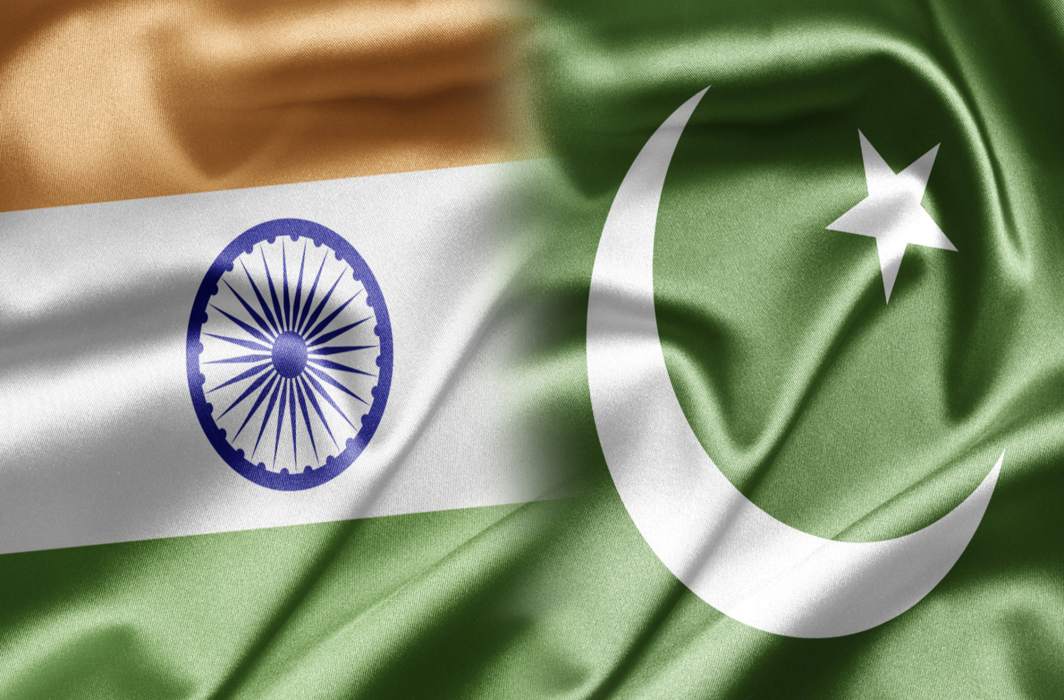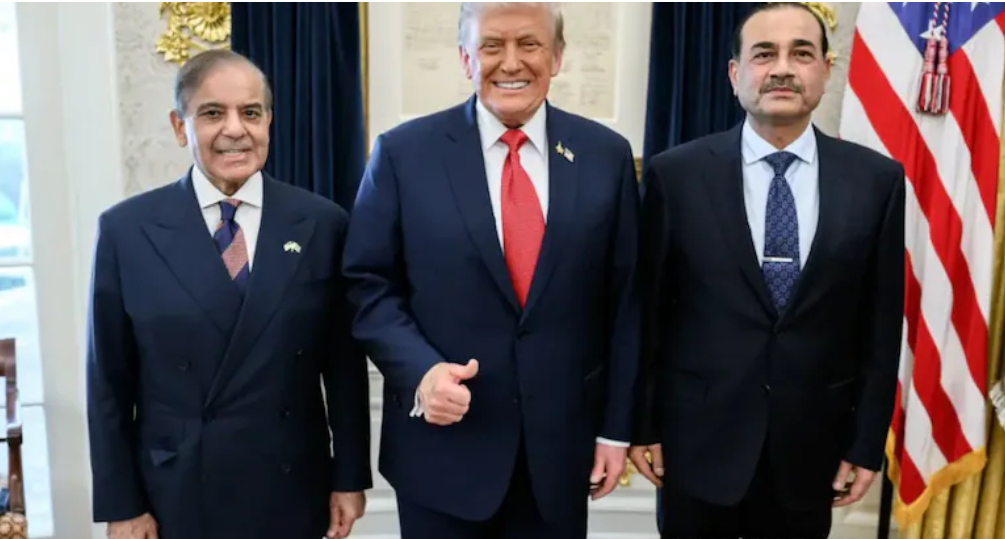Tensions between Pakistan and Afghanistan have sharply escalated after Islamabad declared “open war” on the Afghan Taliban government following renewed clashes along their shared border.
Pakistan carried out airstrikes in Kabul, Kandahar and Paktia on Friday, hours after Afghan forces attacked Pakistani border troops. The Taliban government described its cross-border assault as retaliation for earlier Pakistani airstrikes this week.
Pakistan’s Defence Minister Khawaja Asif posted on X that Islamabad’s “patience has reached its limit” and announced the launch of Operation Ghazab Lil Haq against Afghanistan.
Afghanistan’s account
According to Taliban officials, at least three explosions were heard in Kabul. Spokesperson Zabihullah Mujahid said Pakistan also conducted strikes in Kandahar and Paktia province. There were no immediate confirmed reports of casualties in Kabul from the airstrikes.
Afghanistan’s defence ministry said its forces had launched an offensive late Thursday across the border into Pakistan, claiming it was in response to deadly Pakistani airstrikes last Sunday. It claimed to have captured more than a dozen Pakistani army posts and reported that eight Afghan soldiers were killed in the land operation, with 11 others wounded.
An Afghan official in Nangarhar province said a mortar shell hit a refugee camp near the Torkham border crossing, injuring several civilians, including women. Afghan authorities later said 13 civilians were wounded in a missile strike on the camp.
Afghanistan also claimed its forces shot down a Pakistani F-16 fighter jet and released video footage of a burning aircraft. The footage could not be independently verified.
Pakistan’s account
Pakistan’s military said it targeted Afghan military facilities in Kabul, Kandahar and Paktia, allegedly destroying brigade and corps headquarters as well as ammunition and logistics installations.
Information Minister Attaullah Tarar described the Afghan cross-border action as “unprovoked firing” and said Pakistan was giving a “strong and effective response.” He initially said two Pakistani soldiers were killed and three wounded, while 36 Afghan fighters had died.
Later, Mosharraf Ali Zaidi, spokesperson for Prime Minister Shehbaz Sharif, claimed at least 133 Afghan fighters were killed and more than 200 wounded. He denied that any Pakistani soldiers had been captured and said 27 Afghan posts were destroyed and nine fighters taken into custody.
Interior Minister Mohsin Naqvi condemned the Afghan Taliban for allegedly targeting civilians, stating that Pakistan’s armed forces had responded “befittingly” to what he termed open aggression.
Mismatch in casualty figures
Both sides have reported sharply differing casualty figures.
Afghanistan’s defence ministry said 55 Pakistani soldiers were killed and several others captured, claiming it destroyed 19 Pakistani posts and two bases. Pakistan, however, maintained that only two of its soldiers were killed and rejected claims of captured personnel.
Exchanges of fire were also reported in the Torkham border area, with residents on both sides moving to safer locations. Pakistani police said mortars fired from Afghanistan landed in nearby villages, though no civilian casualties were reported there.
Rising regional tensions
The latest violence follows months of heightened tension between the two neighbours. Deadly clashes in October had already claimed the lives of soldiers, civilians and suspected militants.
UN Secretary-General Antonio Guterres urged both sides to protect civilians and resolve differences through diplomacy, according to UN spokesperson Stephane Dujarric.
A Qatar-mediated ceasefire between the two countries had largely held in recent weeks, despite sporadic exchanges of fire. However, recent strikes and retaliatory actions have placed the truce under significant strain.
Pakistan has said militant violence within its territory has surged in recent years, blaming the Tehrik-e-Taliban Pakistan (TTP) and Baloch separatist groups. Islamabad accuses the TTP of operating from inside Afghanistan, an allegation denied by both the group and Kabul.


 Latest world news41 mins ago
Latest world news41 mins ago
 India News31 mins ago
India News31 mins ago
 India News21 mins ago
India News21 mins ago
 Cricket news12 mins ago
Cricket news12 mins ago












